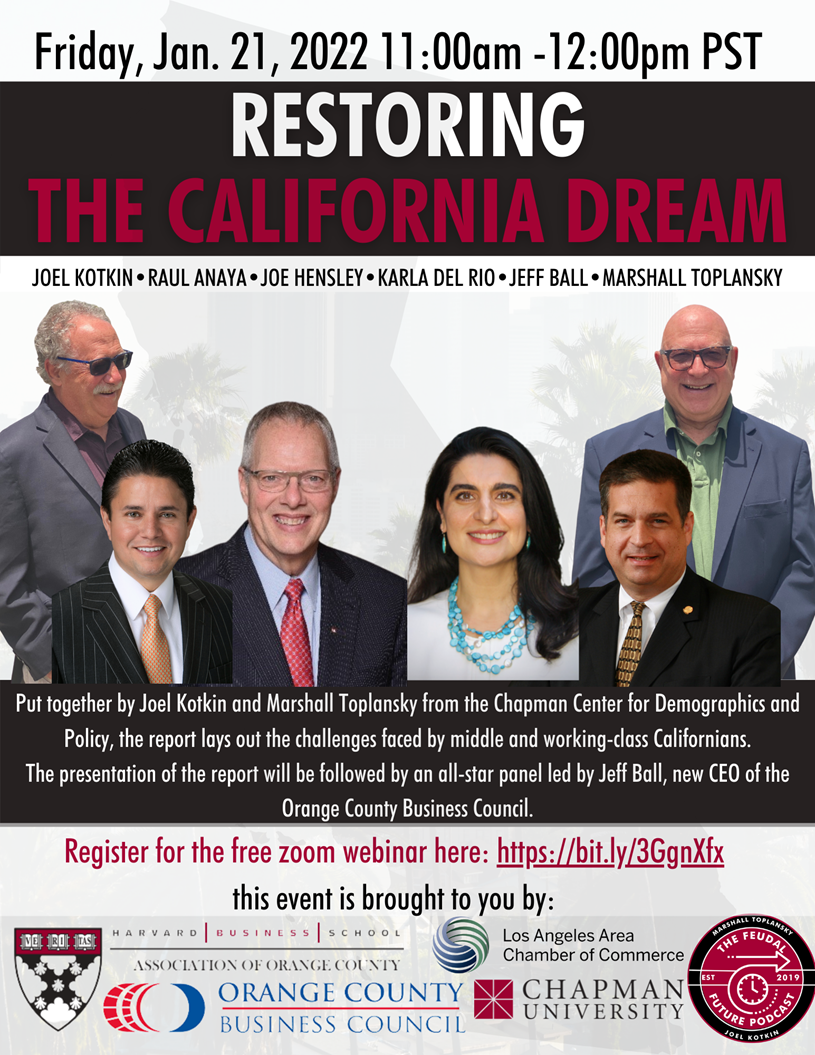The notion that “the arc of history” favors humanity extends across the political spectrum from George W. Bush to Barack Obama. Yet rather than facing the dawn of a progressive future, we may be entering “the great regression,” a period where the world becomes more hierarchical and feudal, less prosperous, and much less free.
A decade or two ago, optimism was buttressed by the economic boom that followed the end of the Second World War and was further extended by the collapse of Communism. This “end of history” moment seemed to be the dawn of a future that was more like Star Trek, with advanced technologies used to deliver universal prosperity under a regime of enlightened rulers. Instead, today’s new world order is a springtime for dictators, revanchist ideologies, and the pitiless global struggle for supremacy.
In place of the broad-based prosperity enjoyed by Europe, Australia, and North America that gave birth to capitalism and modern democracy, those regions have become more feudalistic, hierarchical, and profoundly unequal. The middle class, which was critical in destroying feudalism and ushering in the prosperity of the modern world, has lost ground to a small aristocracy of financiers, as corporate and tech hegemons have increased their power over the global economy.
Once-dynamic Western societies are now stagnating as they did in feudal times. Median incomes have stayed flat while the populations of post-industrial societies are growing slowly or not at all—a problem exacerbated by the COVID-19 pandemic. The mid-20th-century liberal “golden age” has receded under the rising tide of autocracy. Indeed, according to a recent study by Sweden’s University of Gothenburg, nearly 70% of the world’s population lives under some kind of autocracy, including illiberal electoral regimes, up from 50% in 2011. Belief in democracy is also declining, most disturbingly among young people who are intimately acquainted with the shortcomings of Western liberal democracies but have no historical memory of what life was like under previous autocracies.
Although the united Western response to Vladimir Putin’s invasion of Ukraine offers some hope of a revived liberal alliance, the most likely solutions to the crisis will come from deals struck between monarchs fighting over turf and prestige. While no one is expecting the UN bureaucracy to broker a solution, dictators like Turkey’s Recep Tayyip Erdogan have a vital role to play. At the moment, global oil shortages have already empowered autocrats in Saudi Arabia, the United Arab Emirates, Qatar, and Venezuela. Soon Iran’s mullahs, saved by Europe and the United States, will see their own windfall as Western nations purposely surrender their capacity to generate energy on their own.
The United States’ failure to prevent Russia’s strategic dominance of Europe’s energy sector or China’s relentless drive for global preeminence is not a predetermined fact of history—rather, it reflects choices made by our ruling establishment. Rather than seek, as in the past, to boost the United States’ productive power with investment in manufacturing and energy, corporate and political elites in the United States have comprehensively demonized and dismantled precisely those industries in the name of a green ideology that Joel Garreau calls “the religion of choice for urban atheists.” It is no coincidence that the very industries that tend to spread wealth to ordinary workers, enrich owners, and support an independent middle class are portrayed as being full of deplorables and contributing to the climate apocalypse. Like the early Christians, today’s climate activists employ religion to strangle dissent and control opinion.
Read the rest of this piece at The Scroll.
Joel Kotkin is the author of The Coming of Neo-Feudalism: A Warning to the Global Middle Class. He is the Roger Hobbs Presidential Fellow in Urban Futures at Chapman University and Executive Director for Urban Reform Institute. Learn more at joelkotkin.com and follow him on Twitter @joelkotkin.

